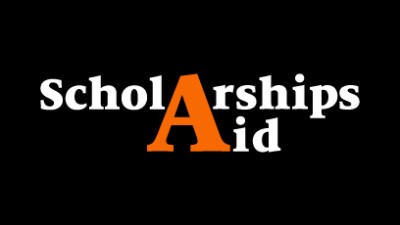Ermir Rogova
Adjunct Faculty
Bio
Dr. Ermir Rogova is an accomplished academic with over two decades of experience in higher education in the field of Computer Science. He currently serves as an Associate Professor at the University of Prishtina's Faculty of Mathematics and Natural Sciences and also holds adjunct duties with RITK.His educational background includes BSc, MSc and Ph.D. in Computer Science from the University of Westminster in London as well as a Certificate of Proficiency in English (CPE) from the University of Cambridge. Prior to returning to Kosovo, Dr. Rogova spent seven years as a lecturer at the University of Westminster.
Dr. Rogova's teaching portfolio includes courses such as Web & Mobile Development and Database Systems at RIT Kosovo. His research interests lie in the area of Knowledge Discovery utilizing Databases, Data Warehouses, Online Analytical Processing, Online Transactional Processing, and Data mining. He has published numerous scientific papers in international journals and conferences and has co-authored books with notable researchers in his field.
Beyond academia, Dr. Rogova has held various leadership positions, including roles as dean and vice-rector at institutions such as AAB College, University of Prizren, and Iliria College. In 2022, he was a candidate for the position of rector at the University of Prishtina, presenting a vision focused on the development, progress, and modernization of the university's academic and research activities
Select Scholarship
Cryptocurrency Blockchain and Its Carbon Footprint: Anticipating Future Challenges, U Bajra, E Rogova, S Avdiaj, Technology in Society
Eye-tracking in Natural Language Processing of Albanian language, E Bytyçi, E Rogova, MultiplEYE Mid-Term Conference 2024, Tirana, Albania
Combination of genetic and random restart hill climbing algorithms for vehicle routing problem, E Bytyçi, E Rogova, E Beqa, Trends in Data Engineering Methods for Intelligent Systems: Proceedings of …
Testing of network security systems through DoS, SQL injection, reverse TCP and social engineering attacks, A Maraj, E Rogova, G Jakupi, International Journal of Grid and Utility Computing 11 (1), 115-133
Testing techniques and analysis of SQL injection attacks, A Maraj, E Rogova, G Jakupi, X Grajqevci, 2017 2nd International Conference on Knowledge Engineering and Applications …
Testing of network security systems through DoS attacks, A Maraj, G Jakupi, E Rogova, X Grajqevci, 2017 6th Mediterranean Conference on Embedded Computing (MECO), 1-6










